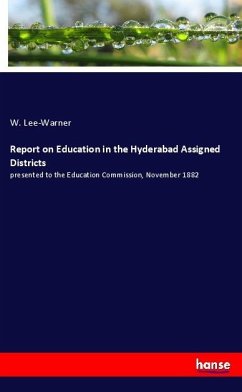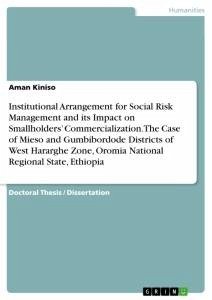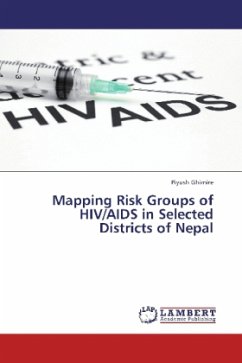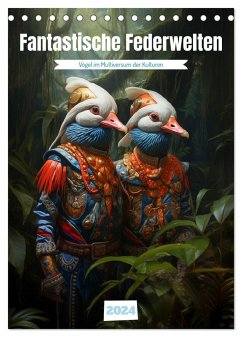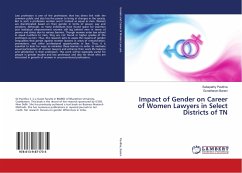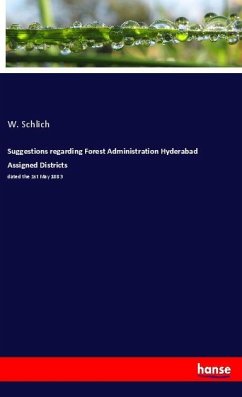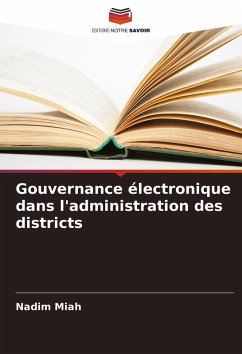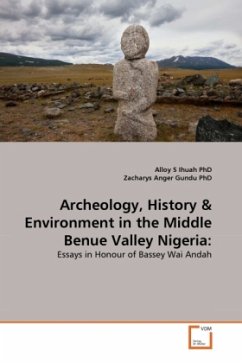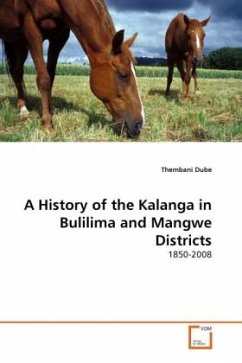
A History of the Kalanga in Bulilima and Mangwe Districts
1850-2008
Versandkostenfrei!
Versandfertig in 6-10 Tagen
32,99 €
inkl. MwSt.

PAYBACK Punkte
16 °P sammeln!
The Kalanga ethnic group is found in Bulilima and Mangwe districts, in the South-western parts of Zimbabwe today. In these two districts, the Kalanga comprise of 95% of the total population, the Ndebele make up only 4% while other ethnic groups make up only a percentage of the total population. This book will therefore look at these people's ethnic identity. It has been assumed that the Kalanga are hybrids of the Shona and the Ndebele who have tended to adopt Ndebele identity. Contrary to these assumptions, the book endeavors to show that the Kalanga is an independent ethnic group which has ma...
The Kalanga ethnic group is found in Bulilima and Mangwe districts, in the South-western parts of Zimbabwe today. In these two districts, the Kalanga comprise of 95% of the total population, the Ndebele make up only 4% while other ethnic groups make up only a percentage of the total population. This book will therefore look at these people's ethnic identity. It has been assumed that the Kalanga are hybrids of the Shona and the Ndebele who have tended to adopt Ndebele identity. Contrary to these assumptions, the book endeavors to show that the Kalanga is an independent ethnic group which has maintained its own ethnic identity since the pre- colonial times. "KubuKalanga Ndiko Kanyi Kwedu" is a common Kalanga phrase which means (Kalangaland is my home).This phrase came to be popularised with the coming in of the Ndebele immigrants, who sought to control and dominate all spheres of Kalanga's lives. KubuKalanga home according to the Kalanga does not necessarily refer to the buildings,but to the totality of Kalanga and their existence as an independent ethnic group.



